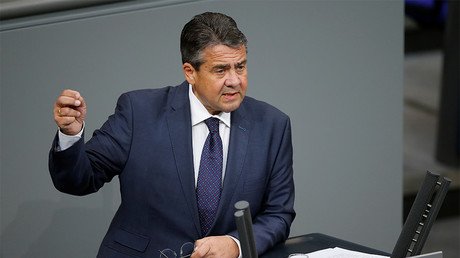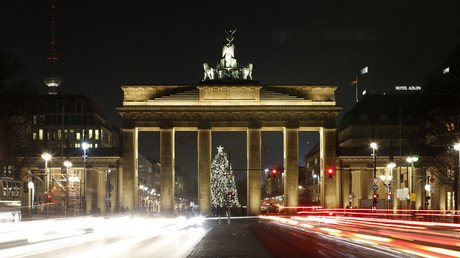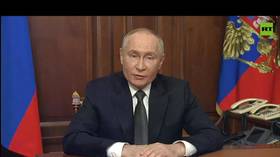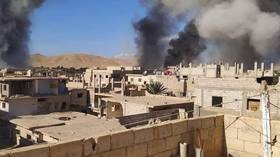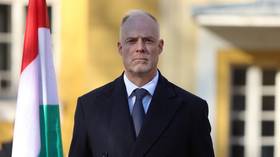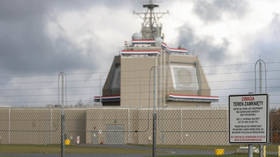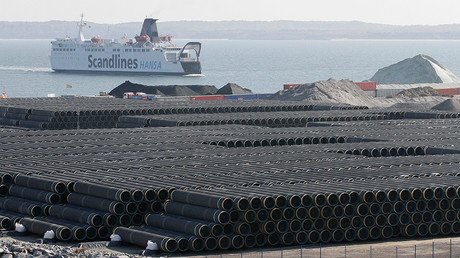Russia sanctions a ‘dead horse,’ seriously damaged economy – German regional heads
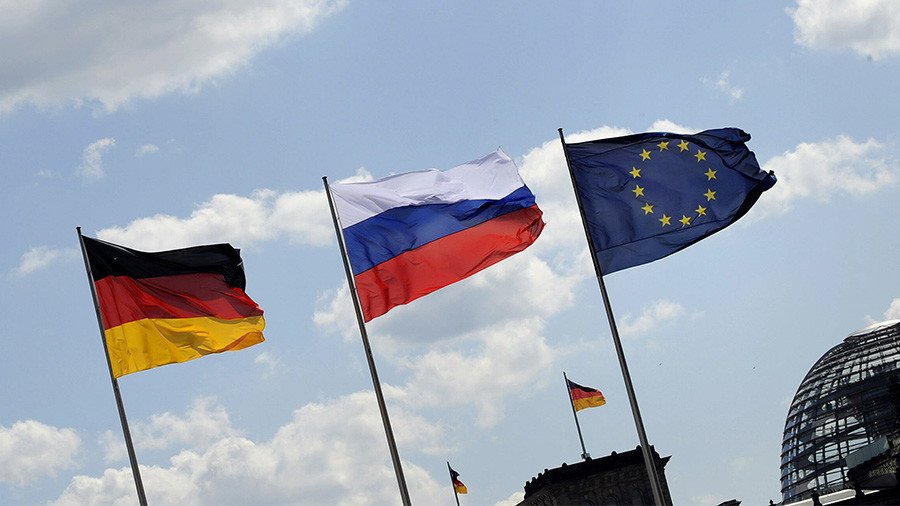
Anti-Russian sanctions have achieved nothing other than placing a significant burden on the German economy, prime ministers of two German federal states have argued, calling on fellow regional leaders to demand their lifting.
The German government should gradually lift sanctions it imposed against Russia over its alleged role in the Ukrainian crisis, Minister President of Saxony-Anhalt Reiner Haseloff told journalists in the German city of Magdeburg on Friday. He said he would raise the issue at a conference of the heads of five German states on Monday and urge them to adopt a unified position against the anti-Russian sanctions.
The initiative has already been supported by Bodo Ramelow, Minister President of Thuringia, who said the German economy had already suffered enough because of the effects of the sanctions. “There must be an exit strategy [as to] the anti-Russian sanctions,” Ramelow told the German DPA news agency, adding that “they have already seriously damaged us economically.”
Sanctions are “a dead horse one should not ride anymore,” Ramelow told Der Spiegel as he pointed out that they did not actually contribute anything to the resolution of the Ukrainian crisis. Ukraine’s problems cannot be “solved through a symbolic policy at the expense of our industries,” he said.
Economic restrictions that the EU imposed against Russia indeed put a heavy burden on the economy of Germany, and its eastern states in particular. Between 2014 and 2016, the volume of Russian imports to the eastern German states has halved while the volume of their export to Russia has decreased by one third, Der Spiegel reported citing the German Federal Statistical Office.
READ MORE: ‘Show of impotence’: Anti-Russia sanctions futile, only harm US business – Moscow
Eastern German states might lose access to some markets for a long period of time, Ramelow warned, adding that Germany’s agriculture and food industries are hit particularly hard by this situation. “However, this is not just about agriculture, but also about machine industry and the [sector] of engineering technologies,” he added.
The head of Thuringia also said that the initiative of the East German states might receive backing from other parts of Germany. “I have heard that Bavaria could possibly support it,” Ramelow said, as cited by DPA.
In the meantime Haseloff, a member of the German Chancellor Angela Merkel’s Christian Democratic Union (CDU), said that he would put the issue of lifting the anti-Russian sanctions on the agenda of the ongoing collation talks between the CDU and the Social Democrats. The politician, who is part of the CDU negotiating team, said he would do so in case the head of the eastern German states succeed in forming a unified position on the issue.
In December 2017, a study published by the Kiel Institute for the World Economy showed that Germany is de facto Europe’s biggest loser from the EU penalties introduced against Russia. German exports to Russia dropped nearly 40 percent with the country losing €618 million ($768 million) each month because of the sanctions.
The sanctions were introduced in 2014 over Russia’s alleged involvement in the conflict in eastern Ukraine and its reunification with Crimea. The EU restrictions targeted Russia’s financial, energy and defense sectors, along with some government officials, businessmen and public figures.
Moscow responded by imposing an embargo on agricultural produce, food and raw materials on countries that joined the anti-Russian sanctions. Since then both sides have repeatedly broadened and extended the restrictive measures.
